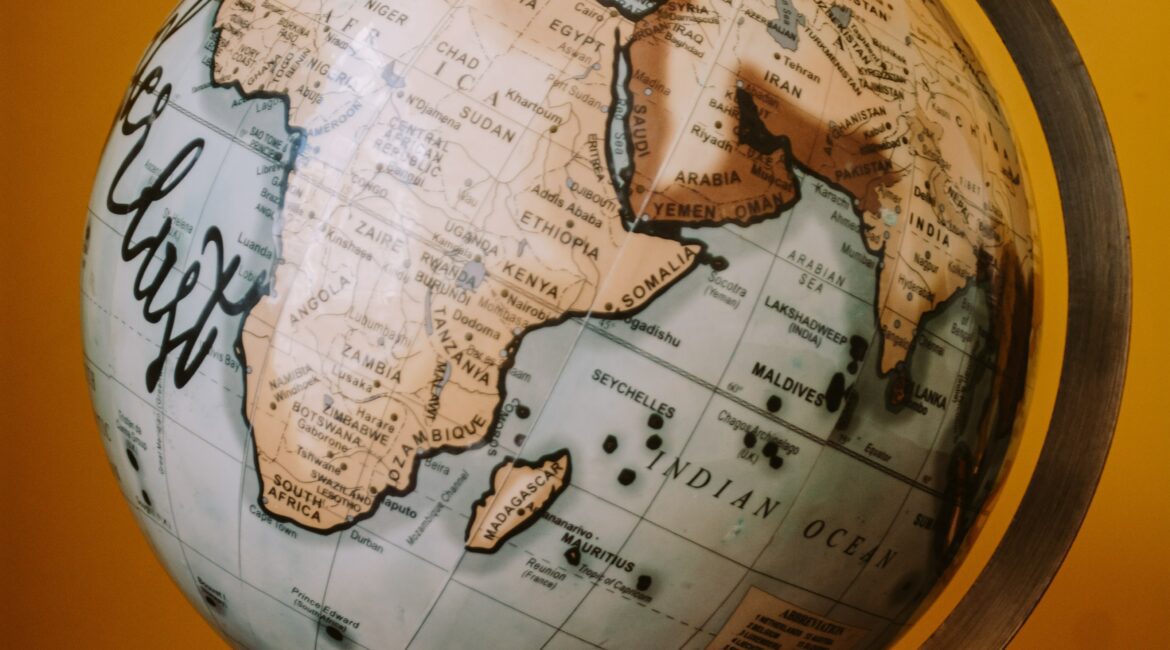Russia’s invasion of Ukraine is set to impact the whole world, with repercussions reaching beyond Europe and “conflict zones”, especially in the Middle East and North Africa, in the short and long term.
The economic and political challenges of the war will impact the Middle East. Many countries depend on Russian wheat and Russian and Ukrainian oil and industries, which will lead to “political polarization” with governments siding with Russia or the West.
In a report published by the Center for Strategic and International Studies (CSIS) in Washington it is believed that the effects of the Russian invasion of Ukraine in February will affect the entire Middle East and North Africa region, noting that this would reveal new geostrategic alignments, worsen food insecurity and threaten to trigger new military confrontations. If the confrontation between Russia and much of the rest of the world is prolonged, as seems likely, the most serious impacts could occur in the longer term than in the short term.
Iran and Syria have taken predictable anti-Western positions. Key US allies and partners in the region have been cautious. While Israel’s foreign minister has condemned Russia, its prime minister has not. Israel sees Russia as an essential partner, and Russian emigrants make up an important constituency of the Israeli electorate.
The Gulf states and some Arab countries all see Russia as a major energy producer and a potential source of arms, investment and other goods. They expressed concern but avoided blaming Russia.
The crisis and the Russian-Ukrainian war that broke out on February 24, 2022 caused oil prices to soar above $100 per barrel for the first time since 2014. For oil-exporting states in the region, higher prices will provide welcome short-term fiscal relief after the economic hit of COVID-19.
Against all expectations, in the longer term, a sustained increase in oil prices could accelerate the energy transition by making renewable energy and electrification more economically attractive.
While oil-exporting states are still under pressure to channel windfall revenues into salaries and government subsidies, some governments may use some of the new profits to invest in efforts to diversify their energy investments, particularly in renewable energies.
Some countries in the region also fear that Russia will lack the resources to maintain its role in Syria, leaving a vacuum that Iranian forces will fill, especially if the Joint Comprehensive Plan of Action (JPCOA) is revived and rises oil prices even more money into the Iranian treasury.
In addition, Russia has halted exports of ammonium nitrate fertilizers. Several countries in the Middle East are particularly vulnerable to rising prices and supply disruptions. In North Africa, prices climb and supply disruptions coincide with severe droughts.
President Vladimir Putin has promised “consequences you’ve never seen” for countries that interfere in Russia’s operations in Ukraine and Russia has several options to inflict suffering on the West in the Middle East in retaliation for sanctions.
Russia will have a clear opportunity to undermine the West in July, when the UN Security Council votes to renew cross-border UN humanitarian operations in opposition-held areas in northwest Syria. A Russian veto would jeopardize the four million Syrians who depend on this vital aid, would greatly increase pressure on Turkey and trigger a large wave of forced migration in the eastern Mediterranean.
Russia could seek to increase pressure on Europe by stoking the conflict in Libya at a fragile time for the peace process. Similarly, Russia could instrumentalize the threat of illegal immigration from Libya to destabilize Europe even as it tackles with refugees from Ukraine.
Finally, Russia could complicate international diplomacy on the Iranian nuclear dossier. While the invasion of Ukraine has not derailed the JCPOA negotiations in Vienna so far, successful negotiations will still require a delicate process of implementation, and Russia may seek to play a disruptive role. Negotiations have stalled due to Russian demands, jeopardizing the re-launch of a landmark 2015 deal under which Iran curbed its nuclear ambitions in return for sanctions relief.

